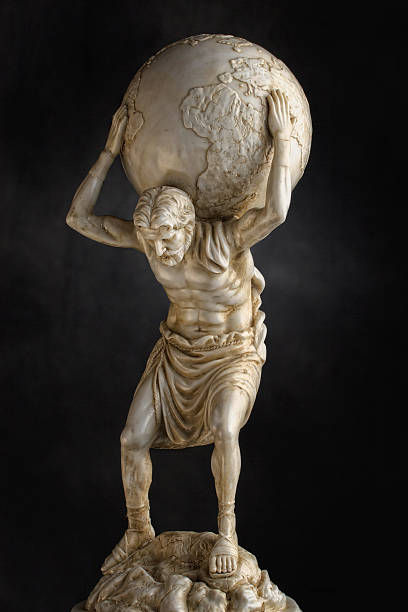THE ANVIL
- Bob Brown
- May 2, 2021
- 3 min read
Updated: Mar 26, 2022
What makes a haunting, a haunting?
Is the appearance of an orb or two all that is required to confirm a haunting? We need to put it in perspective: why are you there? If you are there to "debunk" the people's story, you are there for the wrong reason. It is the duty of the paranormal investigator to be educated in natural phenomena, so that they may recognize it when they see it. It is the investigator's job to conduct a thorough interview, without leading the discussion, and without interjecting opinion and sensationalizing. Investigators can do a lot of damage to objectivity, by asking if the people have seen shadows, or orbs, or heard footsteps, or been attacked. It is in the best interest of everybody, if you ask simple questions. It is the investigator's job to collect and review evidence.
While you are there to investigate, which should start with a thorough interview, it helps to put the family at ease, by getting to know them a little first. We're not talking about a 4hr life's story, but it is really helpful to get some background info. Primarily, you are interested in occult involvement, and previous encounters. The trick is to interview the people without them feeling like it's an interview. Make them comfortable with you and let them relax. They are very likely self conscious about having to call you in the first place, because of the investigators who don't believe anything until they see it with their own eyes. The majority of people don't want to be thought of as liars and fools, your client is no different, so remember that.
What does this have to do with confirming a haunting? It takes very little investigative experience to realize that one clue does not make the case. That clue has to be seen in context. The interview gives context. The onsite gives evidence of that context. Let's imagine a scenario:
You are called to a location, because the people living there keep losing their car keys, and they believe it's the work of the supernatural. It sounds odd, but ok, you go. When you get to the house, you find it poorly kept. During the interview you ask questions about names and dates which they easily remember, and while visiting you ask to see some of the pictures or heirlooms discussed. However, the people have a difficult time remembering where they are. During the interview they show you around. You are particularly interested in medication bottles and open up a conversation about ailments to see if there is a recent change in medication. Then you find out about sleeping habits. But above all, you find out where they put their keys.
During the evidence gathering, have the people participate, if they are willing; you will find that most are. You focus your cameras on the keys, since this is the main complaint. Now if you gather no evidence, either by video, or by audio; meaning the keys are still there in the morning: you may have reasonable doubt. But to be sure, you check your video. You find during the night that they have orbs, knocks and voices, but the keys didn't move. What's your conclusion?
During your interviewing process you came up with every reason to believe these people are losing their keys on their own. While the video doesn't show the keys move, it does reveal demonic activity.
Don't let the interview be the conclusion of your investigation. Trust the process and do your diligence. Orbs are an indicator of demonic activity, or paranormal activity, whichever you prefer. Don't let the number of orbs you capture on film, deceive you about activity. Don't fall into the: "It might be this, or it might be one of these" traps. This blog has been for the purpose of education, as have all these posts. However, I cannot give the detailed argument in this blog, that I have in my book "The Paranormal Hammer; Clear Answers in the Murky Realm", for why the paranormal is demonic, and cannot be explained any other way. The book is scheduled for release around March 2022, and will be posted on this website. Be sure to check out "The Paranormal Hammer" on YouTube by clicking the link on the website, to check out more videos, and the upcoming in-depth investigation seminar.
In conclusion, if the people are experiencing something, but you don't capture that particular event on film, but collect corroborating evidence of supernatural activity: you have a haunting.
(video courtesy of Dweller in the Cellar)
_edited_edited.jpg)






Comments